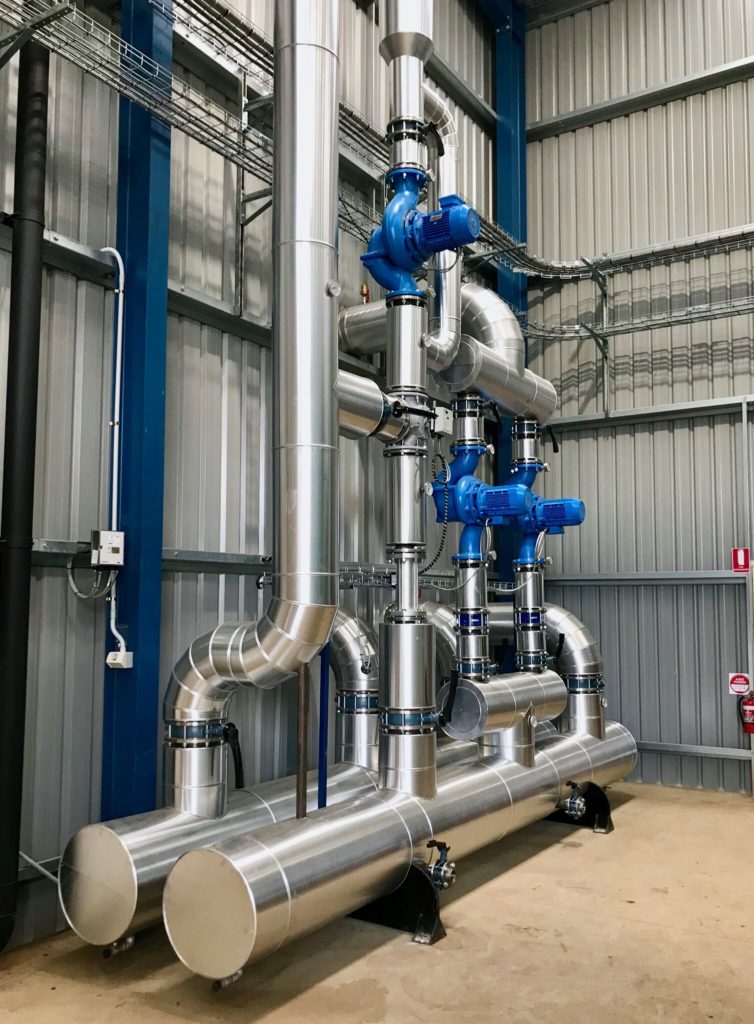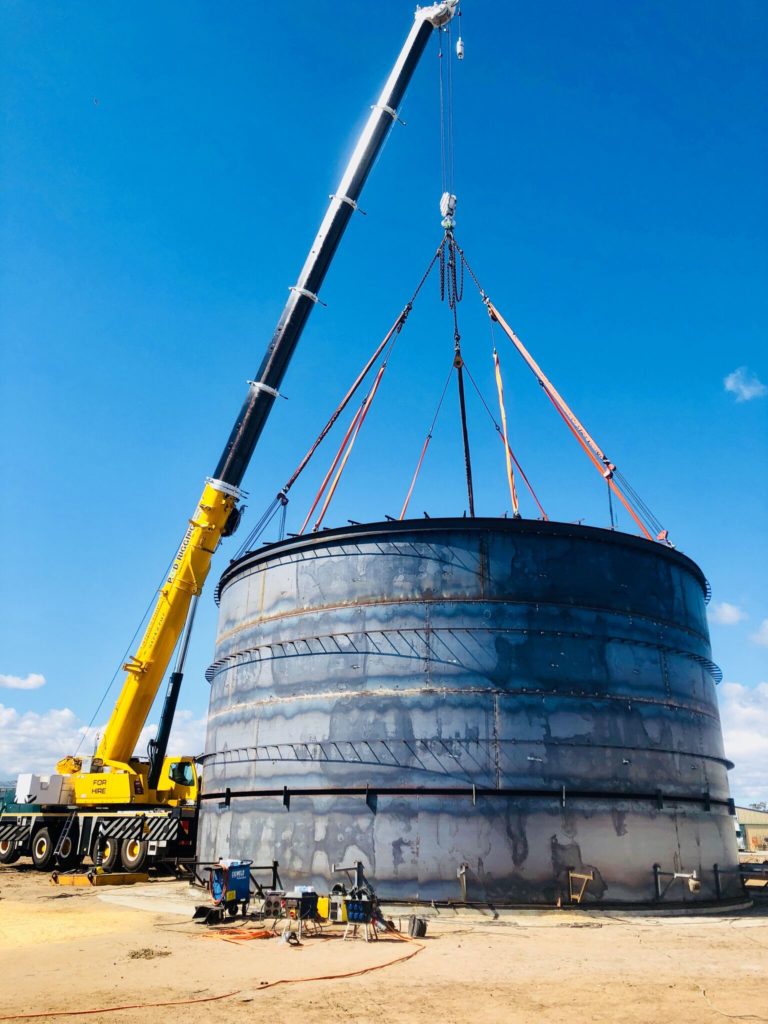This project came about due to an unexpected increase in gas price.
Almost overnight Van Wyk Flowers (VWF) were faced with more than a doubling of energy costs which threatened to make this long-standing family business inviable.
Located at Lyndhurst just outside Melbourne Victoria, VWF is a grower wholesaler and florist specialising in many varieties including roses, gerberas and lisianthus.
Their gas dependence stems from the fact that premium quality year-round flower production requires high-tech heated indoor growing environments.
 So next to water, gas was fundamental to their commercial operations.
So next to water, gas was fundamental to their commercial operations.
After exhausting all avenues and contractual options with gas retailers it was evident that they would have to think outside of the box.
Enriva was enlisted to come up with alternate options and in the end saw them through the entire process including preliminary feasibility and engineering, waste fuel sourcing, EPA approvals, supplier bids, budget management, detailed system engineering and integration, procurement, equipment consolidation and transport, management of construction, installation, commissioning and balance of plant.
The solution, now in full operation, includes a new 2.95 MW waste to energy biomass plant, fuel handling and emissions control by Austrian specialist Polytechnik Biomass Energy.
 The project also boasts a two million litre insulated heat store, transport station, and underground district main which delivers energy to existing distribution centres around the property.
The project also boasts a two million litre insulated heat store, transport station, and underground district main which delivers energy to existing distribution centres around the property.
The project required a multi-faceted approach using specialist suppliers from around the globe and specialised trades from within Australia and abroad.
The two million litre heat storage tank is an integral part of the project as it allows higher utilisation of the biomass plant thereby improving the financial parameters of the investment.
Like an “energy battery” the heat storage tank allows accumulation of energy throughout the 24 hours of a day and peak output bursts far greater than the plant could deliver on its own.
The substantial construction of the tank alone was a large undertaking and key component in the project.
The Polytechnik high efficiency advanced biomass plant went together smoothly with an expert Austrian supervisor on the ground supplemented with skilled tradesmen from the local area.
Many balance of plant items required careful consideration including plant room foundations, hydraulics, building and fuel store design and integration.
The emissions control module was a critical piece of the puzzle, as it guarantees a clean flue gas with outputs far below that of the most advance power stations in Australia.
In the end all items fit together both physically and functionally and all the nuts and bolts lined up.
Carbon Neutral Fuel Abundant in Victoria
 None of this works without waste biomass!
None of this works without waste biomass!
It is the abundance of waste biomass in Victoria that makes this entire project feasible and worthwhile.
Clean waste biomass is a governmentally recognised carbon neutral fuel in Australia and around the globe.
It has already absorbed CO2 out of the air when the tree or plant is first grown and projects like this find one more use for the waste as an alternate to dumping.
Waste biomass comes from the remanence of the forestry industry, saw milling, timber processing and various other agricultural processes.
In Victoria alone there are hundreds of thousands of tonnes of clean waste biomass yet to find a cost and logistically effective home.
From feasibility and permitting through to foundations and construction the process was daunting but successfully implemented to within the timeline, budgets, and safety and performance specifications.
The project will offset 60,000 tonnes of CO2e over its expected lifetime and help to keep local business competitive and productive.
Sohum Gandhi
info@enriva.com.au
www.enriva.com.au/projects/lyndhurst-vic
